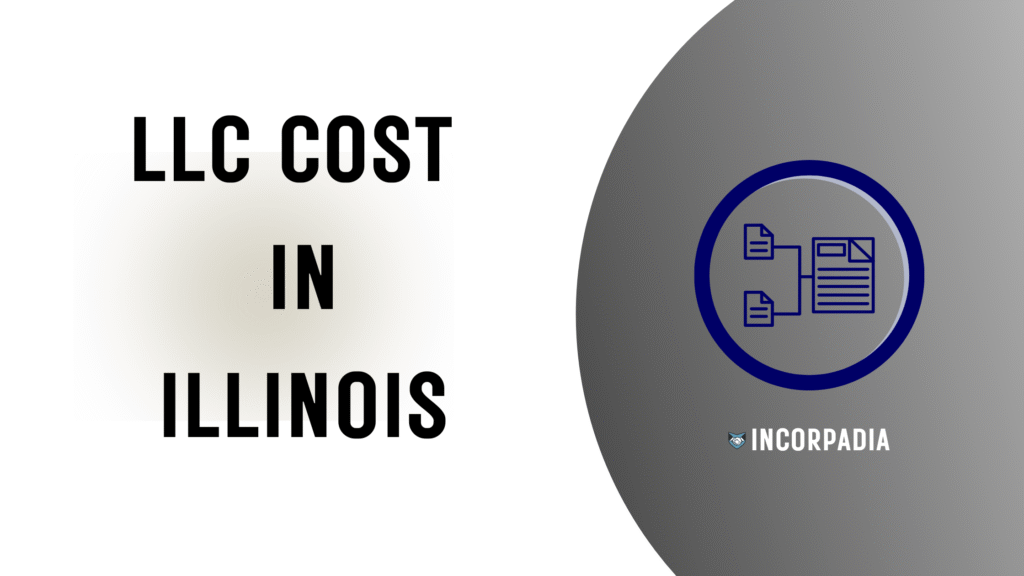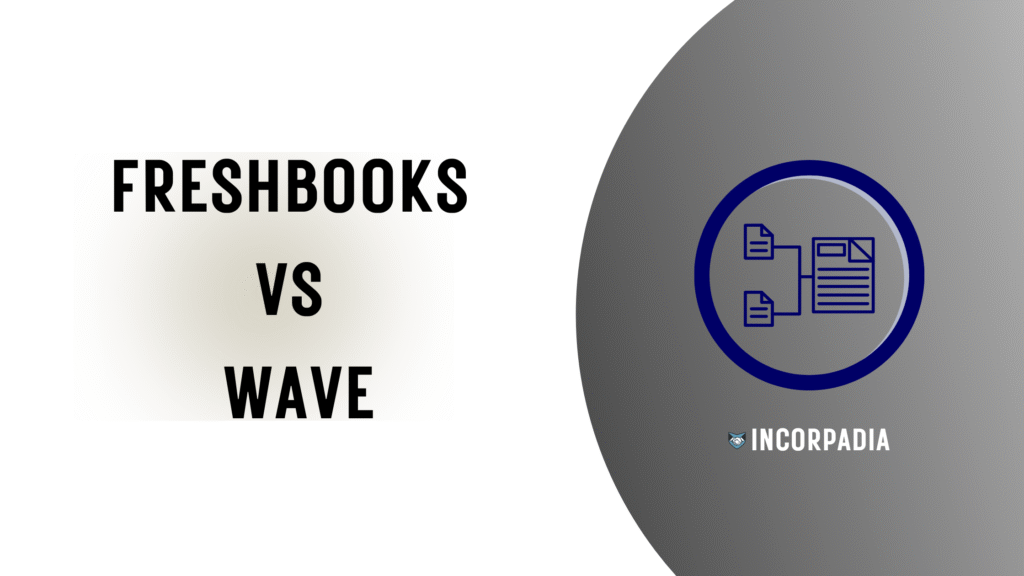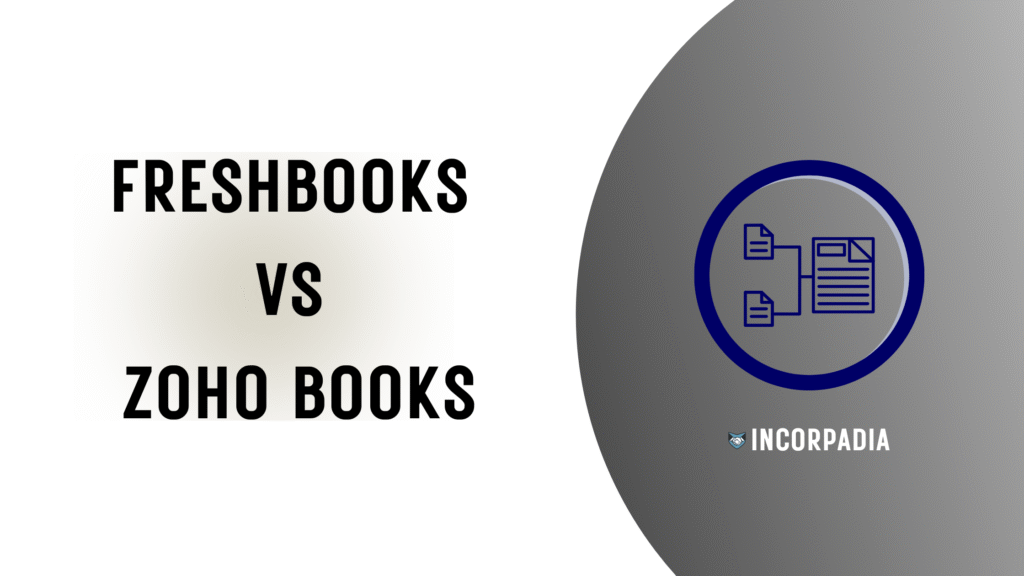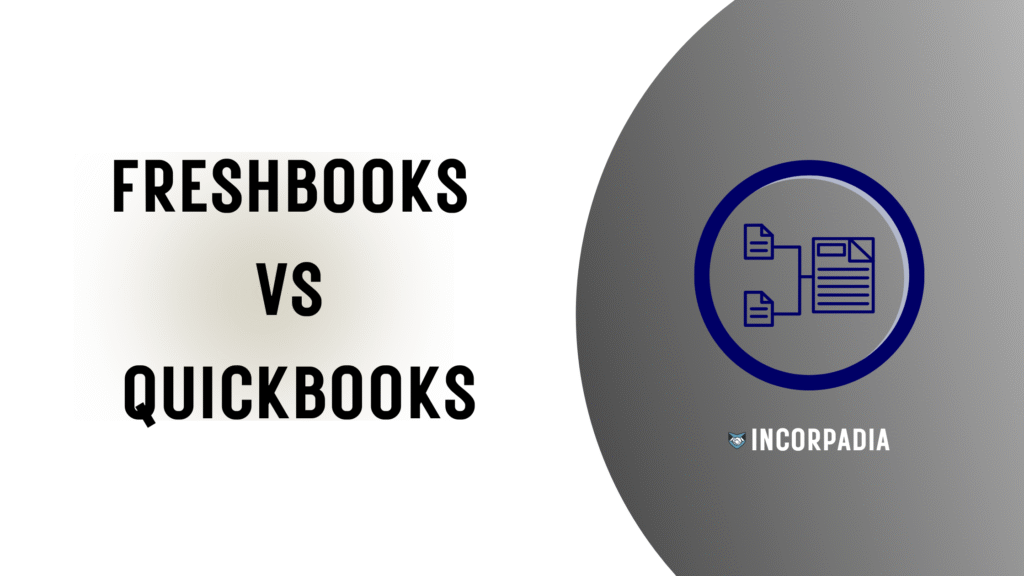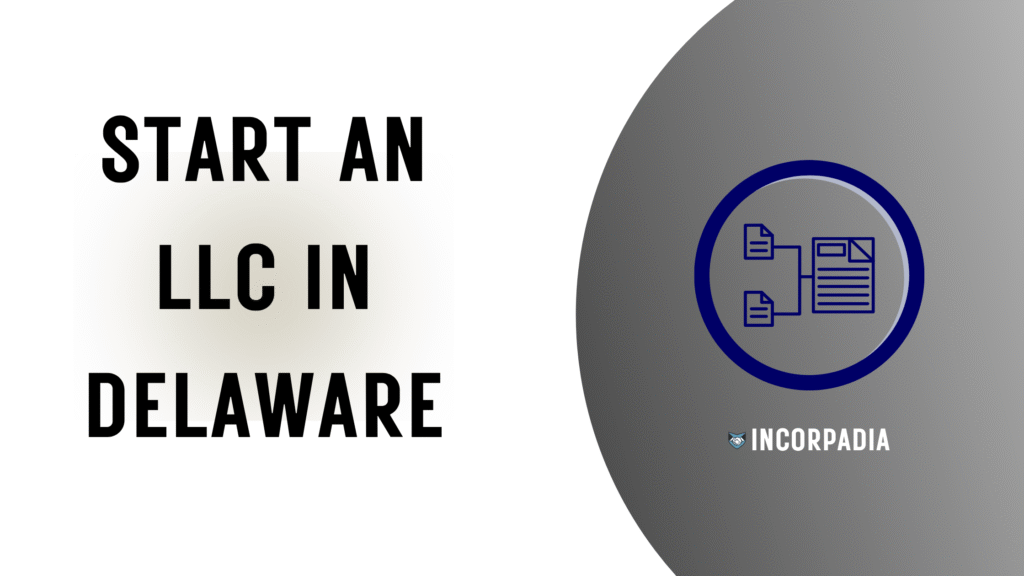Thinking of starting your own business in Illinois? Forming an LLC (Limited Liability Company) is one of the best ways to protect yourself legally and financially while keeping things simple and flexible. Whether you’re launching a freelance gig, opening a shop, or starting a full-scale operation, setting up an LLC gives your business a strong, legitimate foundation.
An LLC blends the personal liability protection of a corporation with the ease and tax flexibility of a sole proprietorship or partnership. That means your personal assets—like your home, car, and bank account—are protected if your business ever faces a lawsuit or debt. And compared to corporations, LLCs are less complicated to manage, with fewer formalities and paperwork.
Illinois is a solid place to launch an LLC. It offers a clear filing process, reasonable fees, and a business-friendly environment, especially for small to mid-sized ventures. But just like any legal process, there are specific steps you need to follow—choosing a business name, selecting a registered agent, filing paperwork, registering for taxes, and more.
Don’t worry if that sounds like a lot. This guide will walk you through every step—clearly, calmly, and without legal jargon. Whether you’re doing this solo or with business partners, you’ll find everything you need right here.
By the end of this article, you’ll understand the process from start to finish and feel confident about forming your Illinois LLC the right way. Let’s dive in and get your business officially up and running in 2025.
Costs Summary
| Filing Step | Cost |
|---|---|
| Articles of Organization (Filing Fee) | $150 |
| Operating Agreement (optional) | Varies (typically $50-$200) |
| Registered Agent (if needed) | $100 – $300/year (varies) |
| Annual Report Fee | $75 annually |
Steps to forming an LLC in Illinois
Starting an LLC isn’t complicated, but there are key steps to follow. Let’s break it all down:
1. Search your LLC Name
Before anything else, you’ll need to choose a name for your business.
But not just any name. It has to be:
- Unique within the state of Illinois
- Compliant with state regulations
- Professional and clear, so customers remember it
Illinois LLC name requirements:
- Your name must include the words “Limited Liability Company” or an abbreviation like “LLC” or “L.L.C.”
- It can’t include restricted words like “Corporation,” “Inc.,” or anything that might imply your business is a government agency (like “Treasury” or “FBI”)
- It must be distinguishable from all other business names registered in Illinois
If your desired name is taken or too similar to an existing one, the state will reject your application. You’ll need to brainstorm a new one.
Many people reserve their business name to make sure no one else claims it while they’re preparing to file. While this isn’t required, it can provide peace of mind if you’re not ready to file your formation paperwork just yet.
2. Choose a Registered Agent
Every LLC in Illinois must appoint a registered agent. This person or company is responsible for receiving important legal documents on behalf of your business.
Who can be an LLC Registered Agent?
- Any Illinois resident over the age of 18
- A business entity authorized to do business in Illinois
- You, the owner — if you have a physical Illinois address and are available during business hours
The key requirement is that the registered agent must have a physical address in Illinois (not a P.O. Box), and they must be available during regular business hours to receive legal and state correspondence.
Why we recommend using a professional Registered Agent service:
- Keeps your personal address private
- Ensures someone is always available to receive time-sensitive documents
- Helps you stay compliant with state filing deadlines
- Some services offer alerts and reminders for annual reports and fees
Hiring a professional agent usually costs around $100–$150 per year. It’s worth the cost for many business owners, especially if they travel or work irregular hours.
3. File Articles of Organization
Now for the official step: filing your Articles of Organization with the Illinois Secretary of State. This is what legally creates your LLC.
You’ll need to complete a form (called Form LLC-5.5) that includes:
- The name of your LLC
- The physical address of the business
- Your registered agent’s name and address
- Whether your LLC will be member-managed or manager-managed
- The purpose of your business
- The duration (many people choose “perpetual” unless you have a set end date)
There’s a filing fee to register, which is typically $150. Processing times can vary depending on how you file (mail vs. online). Most online filings are processed faster, sometimes within 10 business days.
Pro tip: Double-check everything before submitting. Small errors, like an incorrect address or missing signature, can delay the process significantly.
4. Create an Operating Agreement
Illinois does not legally require an LLC Operating Agreement, but it’s strongly recommended.
Think of your Operating Agreement as the rulebook for your LLC. It outlines how your business will be managed, who owns what percentage, how profits and losses are divided, and what happens if a member wants to leave or the business dissolves.
Even if you’re a single-member LLC, this document is incredibly helpful.
A basic Operating Agreement includes:
- Names and ownership percentages of all members
- Voting rights and responsibilities
- Profit and loss distribution
- Management structure (member-managed or manager-managed)
- Procedures for adding or removing members
- Steps for dissolving the business if needed
Not having an Operating Agreement means your LLC will default to Illinois’s general rules for business disputes — and that may not reflect how you want your company to run.
5. Get an EIN for your LLC
An EIN (Employer Identification Number) is like a Social Security number for your business. It’s issued by the IRS and is used to identify your business for federal taxes, payroll, and banking purposes.
You’ll need an EIN if:
- You have more than one member in your LLC
- You plan to hire employees
- You want to open a business bank account
- You choose to have your LLC taxed as a corporation
You can apply for an EIN yourself, for free, directly through the IRS. You’ll get it immediately after completing the application, which takes just a few minutes.
Some LLC formation services offer to get your EIN for you, but they usually charge a fee — even though it’s free if you do it yourself.
6. Register with the Department of Revenue
If your LLC will be selling goods, hiring employees, or collecting sales tax, you must register with the Illinois Department of Revenue.
This is done by submitting a business registration form to get your Illinois Business Tax (IBT) number.
You’ll need to do this if you:
- Sell taxable products or services
- Hire employees and must withhold payroll taxes
- Are required to collect and remit sales tax
Once you’re registered, you’ll also be responsible for collecting and remitting any state taxes due. The good news is that Illinois has solid tools to help with that, and most businesses can file online.
What do I do after my LLC is approved?
Starting your LLC is only the beginning. Here’s what to focus on once your paperwork is approved.
Maintain good standing with Illinois
Once your LLC is approved, you’ll need to keep it in good standing. That means:
- Filing annual reports
- Paying annual state fees
- Keeping your contact information up to date
Failing to do these things could cause the state to administratively dissolve your LLC, which you definitely want to avoid.
How much does an Illinois Annual Report cost?
Every Illinois LLC must file an annual report. The filing fee is $75. This fee is due every year — not just in the year you form your LLC.
When is the Annual Report due?
The annual report is due before the first day of the anniversary month of your LLC’s formation.
Example: If your LLC was formed on July 16, your annual report is due by July 1 every year after that.
When is my first Annual Report due?
Your first annual report is due one year after your LLC is formed, before the anniversary month begins.
Continuing the example above — if you form your LLC on July 16, 2025, your first report is due by July 1, 2026.
How do I file my LLC Annual Report?
You can file your report online or by mail. If you use a registered agent service, many will file this for you or send reminders so you don’t forget.
How will my LLC be taxed?
LLCs offer flexible tax options, which is one reason they’re so popular.
By default, the IRS treats an LLC as:
- A sole proprietorship (if it has one member)
- A partnership (if it has more than one member)
In either case, the LLC doesn’t pay taxes directly. Instead, profits pass through to the owners’ personal tax returns.
But you can also elect for your LLC to be taxed as an S corporation or C corporation, which can offer tax advantages depending on your income and business model. This is something to discuss with a tax professional.
In Illinois, LLCs may also need to pay:
- Personal property replacement tax
- Employment taxes (if hiring staff)
- Sales tax (if selling taxable goods or services)
Staying on top of your tax responsibilities is just as important as forming the LLC itself.
Illinois State Agency Contact Information
Sometimes, you’ll need to get in touch with state offices directly. Here are the main agencies involved in forming and maintaining an LLC in Illinois:
Illinois Secretary of State
Handles business formation, name searches, filing of Articles of Organization, and annual reports.
Illinois Department of Revenue
Handles business registration, tax collection, and issuing your Illinois Business Tax number.
Final Thoughts
Starting an LLC in Illinois doesn’t have to be intimidating. With the right guidance and a little preparation, you can form your business, stay compliant, and focus on what really matters — growing your idea into something big.
To recap the steps:
- Choose a unique, legal LLC name
- Appoint a registered agent
- File your Articles of Organization
- Create your Operating Agreement
- Get your EIN
- Register with the Department of Revenue
- Stay compliant with annual reports and taxes
If you follow these steps, you’ll build a strong legal foundation for your business in the Land of Lincoln.
FAQs
Do I need a lawyer to form an LLC in Illinois?
Nope. You can do it yourself. Though hiring a lawyer or formation service can help if your business is complex or you want extra peace of mind.
Can I be my own registered agent in Illinois?
Yes, as long as you live in Illinois and have a physical address where you’re available during business hours.
How long does it take to form an LLC in Illinois?
Online filings are usually processed within 10 business days. Mail filings take longer — often two to three weeks or more.
Can I change my LLC’s name later?
Yes. You’ll need to file an amendment with the Secretary of State and pay a filing fee.
Can I run multiple businesses under one LLC?
Yes, but it’s often better to create separate LLCs for each one to protect your assets and manage risk.
Is forming an LLC expensive in Illinois?
It’s affordable compared to other states. The main costs include the $150 filing fee, the $75 annual report fee, and optional costs like hiring a registered agent.

